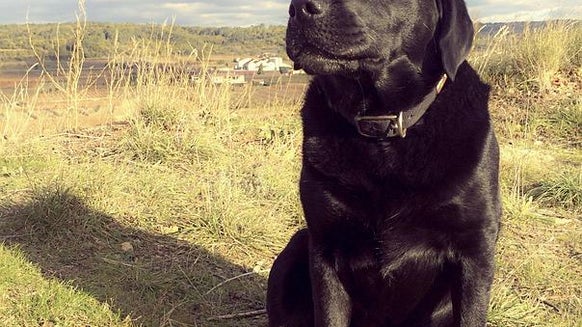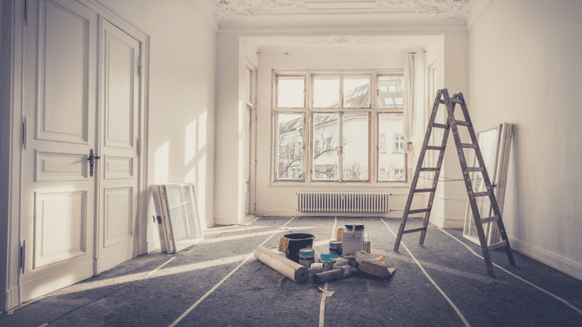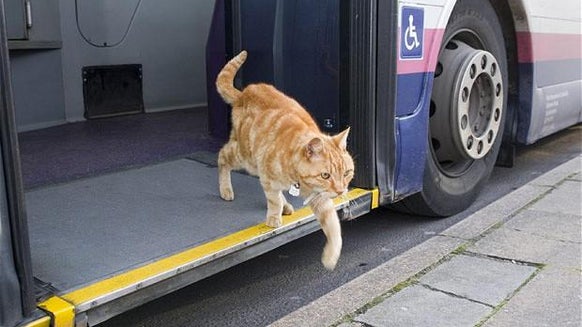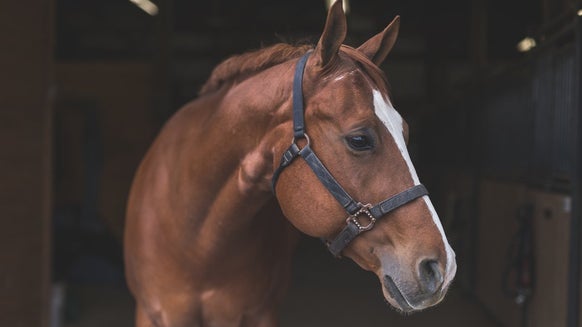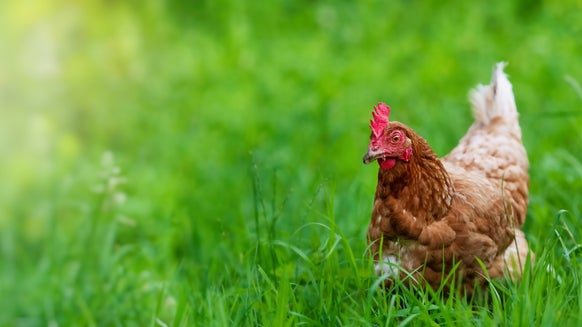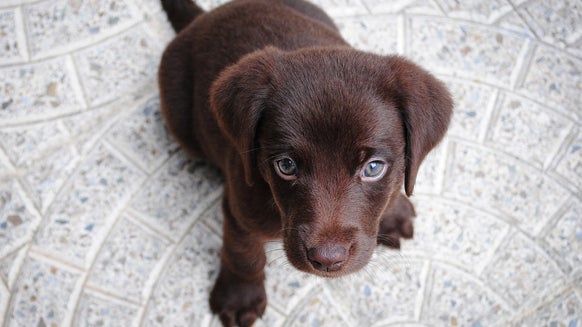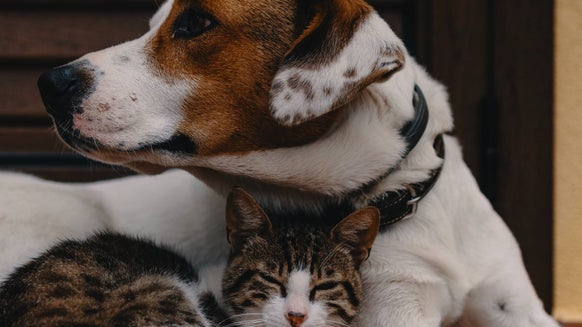Give Your Guinea Pig the Best Living Conditions – 10 Cage Facts

Guinea pigs are popular pets to keep. They are fun to watch and play with, but have very specific living conditions as they require an environment that is bigger than you may think, they need to graze constantly and benefit from boredom breakers.
Karen from Guinea Pig Welfare has extensive knowledge of these furry animals and has answered all our questions on habitat. She used to run a Reading Guinea Pig Rescue and nowadays organises welfare weeks at a local vets where clients' guinea pigs receive a free health check from a guinea pig competent vet and a goody bag filled with an assortment of guinea goodies!
What size should a guinea pig cage be?
As with all things guinea pig, each case must be judged on its own merits; but the absolute minimum cage size for two guinea pigs is 120cm by 60cm; or 4foot by 2foot. The general rule is as much space, over these measurements, as is possible. Indoor pet shop cages are often too small, (despite being sold as suitable), and cavy caging made with wire grids is the ideal.
Is using fleece in the cage a good idea?
When selecting a bedding choice priority must go to suitability for the guinea pigs, then suitability for the owner’s lifestyle. There are a wide range of safe and suitable bedding for guinea pigs. Fleece may not suit a busy family because of all the washing and drying. Despite choosing fleece, ample provision MUST still be available for the guinea pig to forage, a third of the pen/cage, at least. Owners must be mindful of washing at suitable temperatures and with suitable laundry liquids.

Do guinea pigs need floor time?
Floor-time is time for guinea pigs to free range in the house, or just a room. Care needs to be taken to make the room safe by ensuring the pet cannot hide under furniture, that is not easily accessible or get to trailing wires, that it doesn't get trapped behind doors as they are opened or be tempted to eat house plants.
If guinea pigs have a large pen daily floor-time isn’t essential but most will certainly increase in confidence with regular and frequent floor-time.
What are boredom breakers? Why do guinea pigs need them?
Boredom breakers occupy your guinea pigs during their waking time using natural habits. They are important because in the wild guinea pigs have the freedom to roam and the freedom of choice, domestic guinea pigs have limited space and often their owners make the decision on when they exercise - this is often purely for safety reasons. For example, guinea pigs can't go out on wet grass without the risk of pneumonia or respiratory problems due to them carrying their bodies close to the ground.
Unfortunately there are many commercial “treats” around that contain ingredients not best suited to guineas and are therefore a waste of their owner’s money. The best boredom breaker (and the healthiest) is hay. There are many types of hay and this is soon made apparent by guinea pig preferences! There is good meadow hay, often used as bedding and makes a great snack too, green oat hay, timothy hay (sometimes mixed with dandelions or other herbs) and many more. All hay must be edible and dust free, often an equine bale of hay from your local farmstore/pet shop (lots deliver) is great for bedding and not expensive.
Stuff paper bags and cardboard boxes with hay to make cheap and safe disposable containers. Cardboard Chubes are available from budget stores, or simply use old kitchen roll inner tubes. A guinea pig will often climb into a hay rack, defeating the object. It is not necessary to put the hay in anything as guineas love playing in piles of hay too. Hay contains long fibre which is essential for gut motility and the side to side chewing action will keep the constantly growing molars worn down.
How often should you clean your guinea pig's cage?
The cage needs to be spot cleaned daily, bedding needs removing and renewing from the places they sit the most. Guinea pigs can't be toilet trained - though there are exceptions - so minor cleaning in other areas may be needed too. Uneaten fresh veg should be removed after each meal.
If good husbandry doesn’t happen then guinea pigs are very prone to fungal infections of the skin, which often require long and dedicated treatment and will spread to other parts of their body such as genitals or their mouth. This can happen regardless of whether the guineas are kept inside or out.
In the summer there is a risk of flystrike or maggots in the cage. Guinea pigs have bare feet and may pick up urine scalds or any cuts may get infected. A guinea pig that cannot move from wet bedding is likely to pick up urine scald on its genitals.
Muck may gather around the toes and could become painful to remove, when it is removed care needs to be taken not to remove the delicate skin too as infection will occur.
Should you keep guinea pigs outside or inside?
As always the guinea pigs’ needs must be met first. The guinea pigs need a safe environment that is, ideally, temperature controlled. If temperature controlled (heated, air conditioned), cannot be met then accommodation should at least be in a shed. Cavy Caging (grids put together to make a custom size and shape pen) in a heated shed is equally as good as in a house provided both are safe. When the needs of the guinea pigs are met, consider the humans.
Safety is a big consideration with guinea pigs in sheds. Keep doors padlocked from human intruders and animals such as dogs and foxes. In the summer, runs must be covered so cats and birds can't get in. Where there are dogs even more consideration needs to be given to safety.

What type of hide house is best for your guinea pig?
Safety is always paramount. Houses can be recycled upturned cardboard boxes with windows and doors cut in, or there are a variety that can be bought especially made. Ones that have an entrance and an exit are preferable, even the most compatible pairings need to escape from one another at times. Fabric ones will need to be washed more frequently whereas cardboard boxes are disposable. After a fungal outbreak in your guinea pigs it would be wise to replace or at least thoroughly clean plastic and wooden houses.
How often should you refresh the water?
Water needs to be refreshed daily, bacteria grow in water and this may cause diarrhoea. Often guinea pigs appear not to drink but they must always have the option. A change in drinking habits (suddenly drinking more for example) may mean something is wrong. Guinea pigs that empty their bottle daily should be supplied with another so they always have more than enough.

Should you leave uneaten veg in the cage?
Ideally, uneaten fresh veg will be taken out when the guinea pigs have finished eating. However if this is not possible, rethink the amount of veg they are getting and what is being left. It may just be because it's “old veg” and they chose to leave it or it may be they are being fed too much for one meal. Guinea pigs need 50g of carefully chosen fresh veg daily, commonly given as approximately 25g per guinea pig over 2 meals. Give a variety of good hays (including meadow hay) for eating in between meals. As eating is often followed by sleeping, a hay bed is ideal!
Should you have a closed-top cage if you have other pets in the house?
Definitely! However placid your cat or dog is it doesn’t mean your guinea pig won’t be scared. And why risk anything happening? Provision for keeping guinea pigs safe from toddlers and children should also be made. A good way to pick guinea pigs up is to put their travelling box (front opening one) in the cage with a favourite treat inside, when the guinea pigs go in close the door and pick up the box, this saves actually catching the guinea pig. Buy blankets or baskets for the guinea pigs to sit on/in when on the children’s laps.
Guinea Pig Welfare evolved after Karen closed Reading Guinea Pig Rescue but still wanted to be involved with the welfare scene. Running a rescue takes a lot of commitment both personal and financial.
All the information on the website is based on and around happenings at the rescue with some cases being documented so they can be referred to. Furthermore Standards are based on and around the Animal Welfare Act (and beyond) and the 5 Freedoms.

